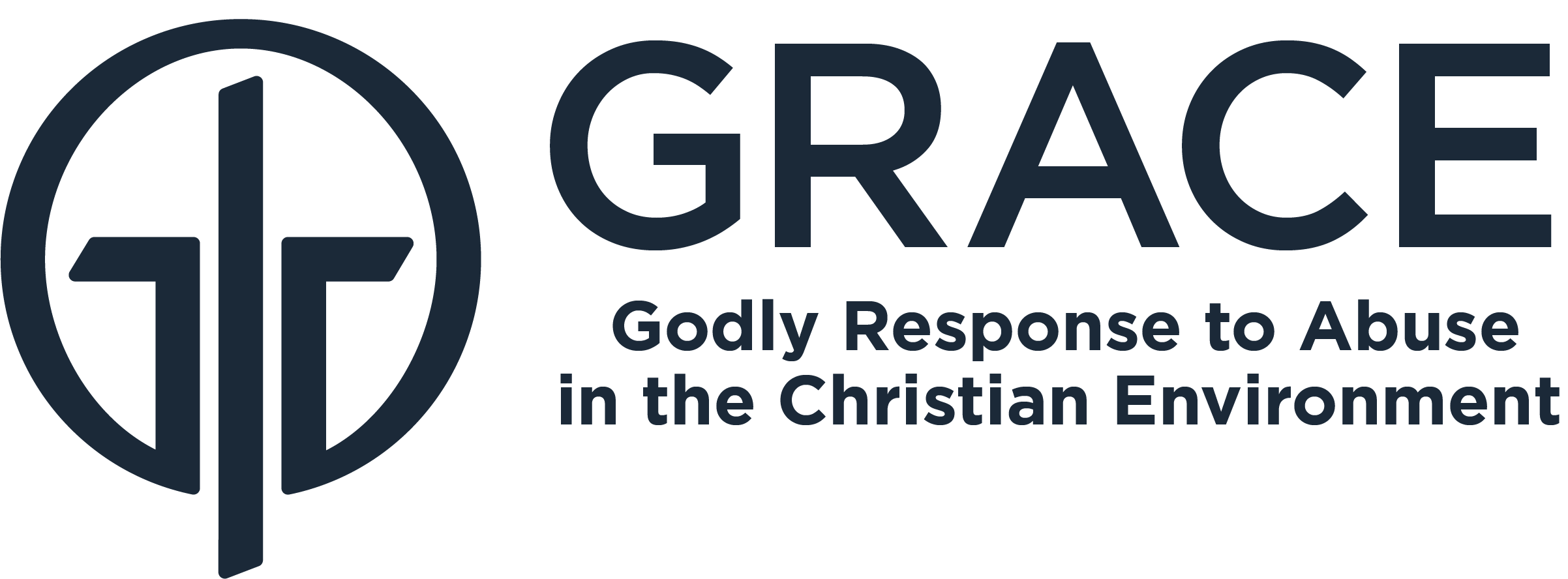"If Your Brother Sins Against You..." and He's a Sex Offender
By Boz Tchividjian
“
If one of My followers sins against you, go and point out what was wrong. But do it in private, just between the two of you.
If that person listens, you have won back a follower.
But if that one refuses to listen, take along one or two others. The Scriptures teach that every complaint must be proven true by two or more witnesses. If the follower refuses to listen to them, report the matter to the church. Anyone who refuses to listen to the church must be treated like an unbeliever or a tax collector.
—Mathew 18: 15-17 (CEV)
Do these words of Jesus require professing Christians to privately confront those accused of committing a crime before the matter can be reported to the police? Too many within faith communities argue that it does. Even worse, I have met many sexual abuse survivors who actually walked through this nightmare. Not only were they re-traumatized by being required to privately confront their abuser, but they often watched as the perpetrator was never reported to law enforcement.
This well-known biblical passage has all too often been a justification for 1) not reporting abuse disclosures to the authorities and 2) convincing sexual abuse victims to privately confront their perpetrators. Needless to say, this misreading and misapplication of Jesus’ words is incredibly harmful on a number of fronts. More importantly, it’s simply not consistent with the person and character of Jesus.
In Matthew 18, Jesus prescribes three progressive steps for handling personal offenses within the local church: 1) a private confrontation, 2) a witnessed confrontation, and 3) a wider confrontation before the church. At each step, the goal is repentance by the offender as a basis for some form of reconciliation with the offended. If all three approaches are rebuffed, then the offender is no longer part of the fellowship.
Child sexual abuse is not merely a personal offense. It is a serious crime. Child sexual abuse does not even fit into the paradigm of which Jesus was speaking about in this passage. Jesus never intended these statements to be twisted into the required method for handling murder, rape, torture, kidnapping, or genocide. Child sexual abuse is not a private matter, but rather a public offense against the victim, society and humanity as a whole. It is not a matter which can be handled quietly between two persons or between two families, as is wrongly done in many communities. It is a matter of public alarm, because of its pervasive, extensive, and expansive nature, causing a cascade of misery in countless lives.
Such offenses are rightly under the jurisdiction of the governing authorities. In the New Testament book of Romans, the Apostle Paul writes that Christ followers are to be subject to the civil authorities. He writes, Let every person be subject to the governing authorities. For there is no authority except from God, and those that exist have been instituted by God. He even mentions that the role of government is to punish evildoers. Child sexual abuse is an evil that has been rightly deemed to be criminal by the civil authorities. Therefore, those who profess to follow Jesus have the responsibility to make sure that a person accused of committing such a crime is subjected to those governing authorities – which includes making a police report and cooperating throughout the criminal justice process.
Any claim that Christians must follow any form of progressive confrontation process before reporting disclosures of child sexual abuse to the authorities is simply wrong. Seminary Professor John Schuetze puts it this way,
“Let’s assume you are driving by the local convenience store and notice a fellow member of the congregation holding up the attendant. In that scenario, it would be ludicrous to have a conversation with the parishioner. Your obligation instead is to call the police. To say otherwise is to conclude Christ was devoid of common sense.”
What kind of church leadership would reason that kidnapping or rape should not be reported to the civil authorities until the church has followed the process in Matthew 18?
Furthermore, proper respect for the civil authorities as commanded in scripture also means that we do not disturb their investigation. Faith communities must learn to stand back while the freight train of the state runs its investigation through the station of life. Before commencing any type of investigation of its own, churches must pause until the criminal process is finished. In fact, waiting for the civil authorities to complete their investigation will usually alleviate a church from having to do its own. Even when such a church investigation is necessary, there are many cautions and concerns that must be carefully considered – but that is another blog for another day.
The common thread running throughout Scripture in the life of the Christian and the Church is something most fundamental of all to the Christian faith: Love. Love from God, love for God, and for humankind. The distorted interpretation and application of this scripture passage utterly fails to demonstrate such a love to those who need it most.
Throughout the course of history, the misinterpretation and misapplication of the Bible has resulted in horrendous acts and unspeakable pains. By working together, we can help our faith communities understand that “Let the disclosing little child come forward privately and accuse me” is a monstrous interpretation that destroys lives, protects offenders, and has not one leg to stand on before Jesus.
This post is adapted from an interview with Rachel Held Evans. For the full interview, read to No More Silence on her blog.

